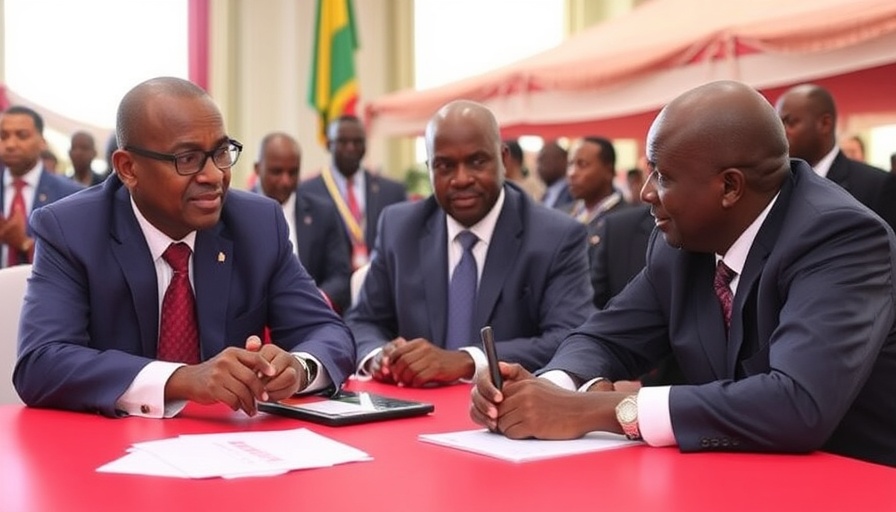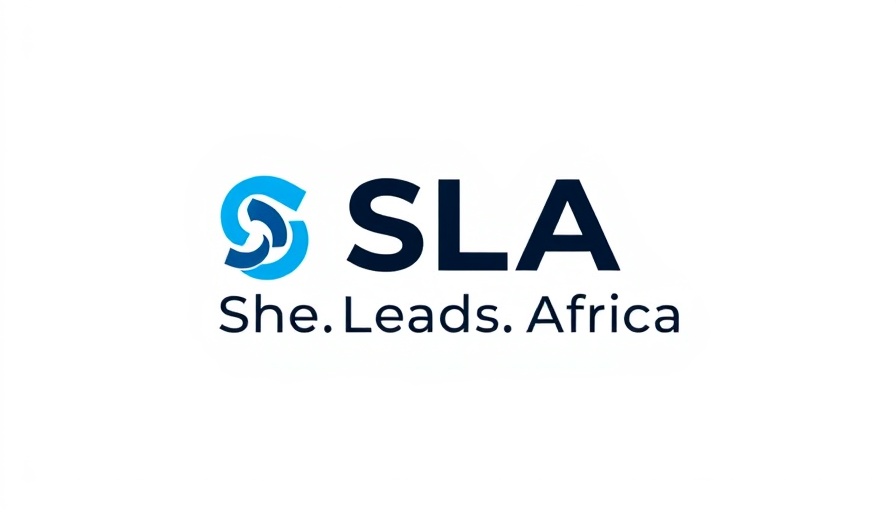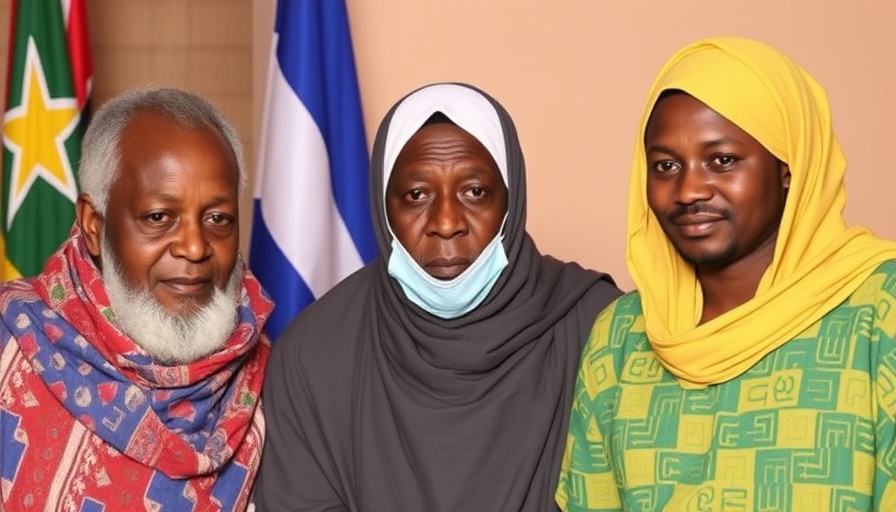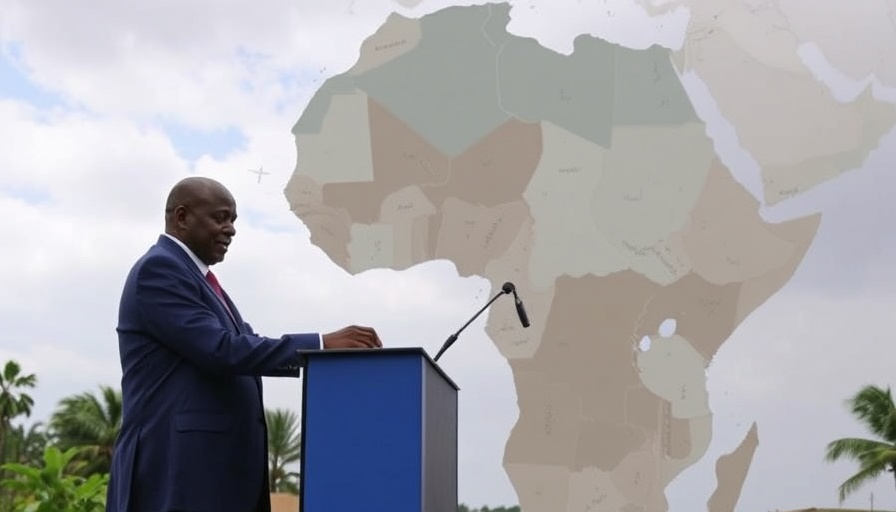
Political Will: The Keystone of the EAC Single Market
The progress towards achieving a single market in East Africa rests heavily on the political will of the member states. Caroline Karugu, Kenya's Principal Secretary for the East African Community (EAC) Ministry, highlighted the persistent hurdles impeding the implementation of the EAC Common Market Protocol. Despite advancements in the free movement of goods, numerous challenges hinder further integration.
Tariff and Non-Tariff Barriers Stifle Trade
One of the critical impediments to free trade is the continued existence of tariff and non-tariff barriers among partner states. These barriers stem from a mixture of protectionist policies and a lack of adherence to previously agreed commitments. Local authorities impose levies and fees on cross-border goods, which directly contradicts the obligations of partner states under the EAC Treaty. This complicated environment significantly impacts small and medium enterprises (SMEs) that strive for participation in cross-border trade.
Infrastructure and Sovereignty Concerns
Poor infrastructure presents another serious challenge, where inadequate roads, railways, and trade services optimize barriers to the flow of goods. Political tensions can exacerbate these issues, as states show reluctance to cede sovereignty on economic policies for fear of losing control. Therefore, a multi-faceted approach must be taken to overcome these challenges.
Strategies for Improvement and Future Prospects
To foster a more cohesive economic environment in the EAC, experts urge for harmonization of policies and regulations, significant infrastructural investments, and the simplification of documentation processes. Enhancing financial sector development, alongside promoting mutual recognition agreements in professional sectors, forms part of the roadmap towards achieving a functional common market. Without an increase in political will to push forward these initiatives, the EAC risks losing momentum and failing to achieve its ambitious economic integration goals.
A Call to Action for Leaders and Investors
As the EAC navigates these complex challenges, it is imperative for business leaders and policymakers to actively engage in conversations about the future of trade integration in East Africa. The political landscape is shifting, with globalization presenting both opportunities and challenges; thus, stakeholders must ensure that reforms are actively pursued. For anyone interested in Africa's evolving role in the global economy, now is the time to advocate for change.
 Add Row
Add Row  Add
Add 


Write A Comment